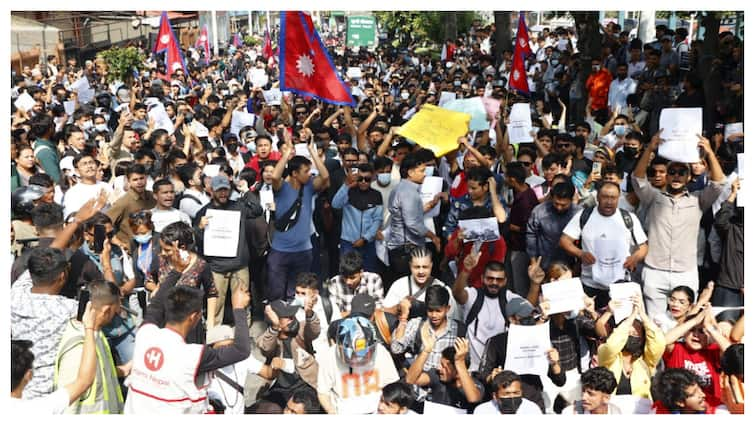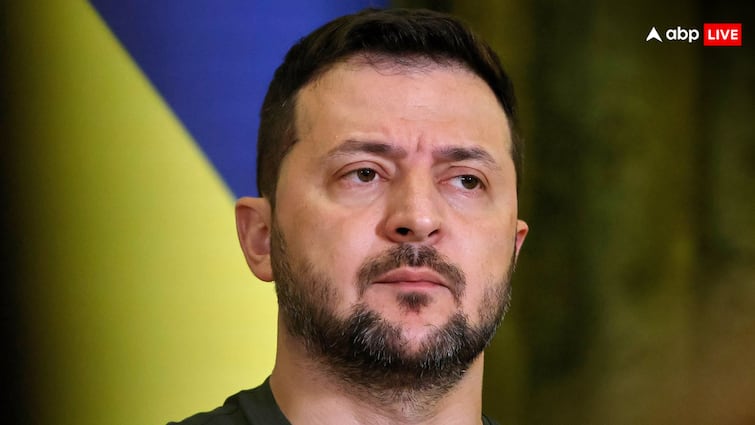Kathmandu witnessed a massive youth-led demonstration on Monday, with thousands of Nepalis taking to the streets to oppose the government’s recent social media restrictions and to call out deep-rooted corruption.
Protest sparked by ban on popular platforms
Since Friday, several major social media platforms—including Facebook, YouTube, and X—have been blocked in Nepal after authorities targeted 26 unregistered sites. The move left millions of users frustrated, particularly as platforms like Instagram serve as key spaces for news, entertainment, and business.
The protests began with young demonstrators waving national flags and singing the Nepali anthem before chanting slogans against both the bans and corruption in governance.
“We were triggered by the social media ban, but that is not the only reason we are gathered here,” said 24-year-old student Yujan Rajbhandari. “We are protesting against corruption that has been institutionalised in Nepal.”
Another protester, 20-year-old student Ikshama Tumrok, added, “We want to see change. Others have endured this, but it has to end with our generation.”
Viral discontent online
Although several platforms remain inaccessible, TikTok is still operational, and users have been quick to share viral videos contrasting the struggles of ordinary citizens with the lavish lifestyles of politicians’ children.
“There have been movements abroad against corruption and they (the government) are afraid that might happen here as well,” said protester Bhumika Bharati.
Government stance and regulations
The Nepali cabinet had earlier instructed affected companies to register locally within seven days, appoint grievance officers, and establish points of contact in the country. This decision followed a Supreme Court order issued in September last year.
Defending its move, the government released a statement on Sunday, insisting it respected freedom of thought and expression, while also pledging to ensure a secure environment for citizens’ rights online.
Previous bans in Nepal
Nepal has imposed restrictions on online platforms before. Telegram was blocked in July citing concerns about online fraud and money laundering. TikTok too had faced a nine-month suspension, which was lifted last August once the company agreed to abide by Nepali regulations.


)
